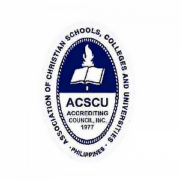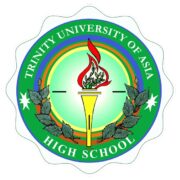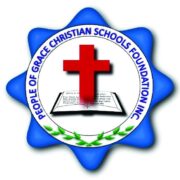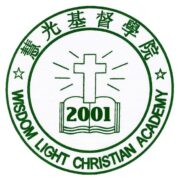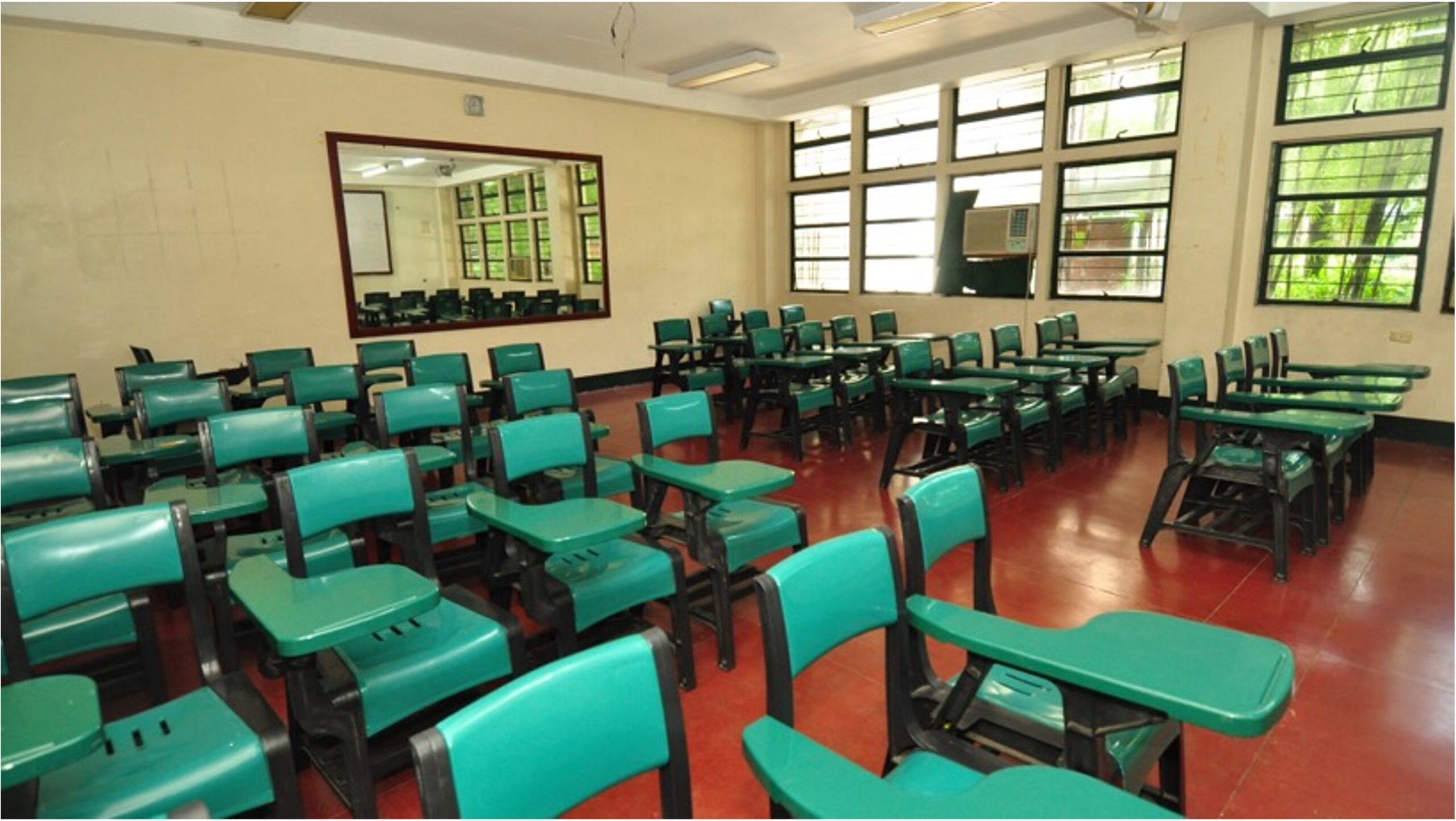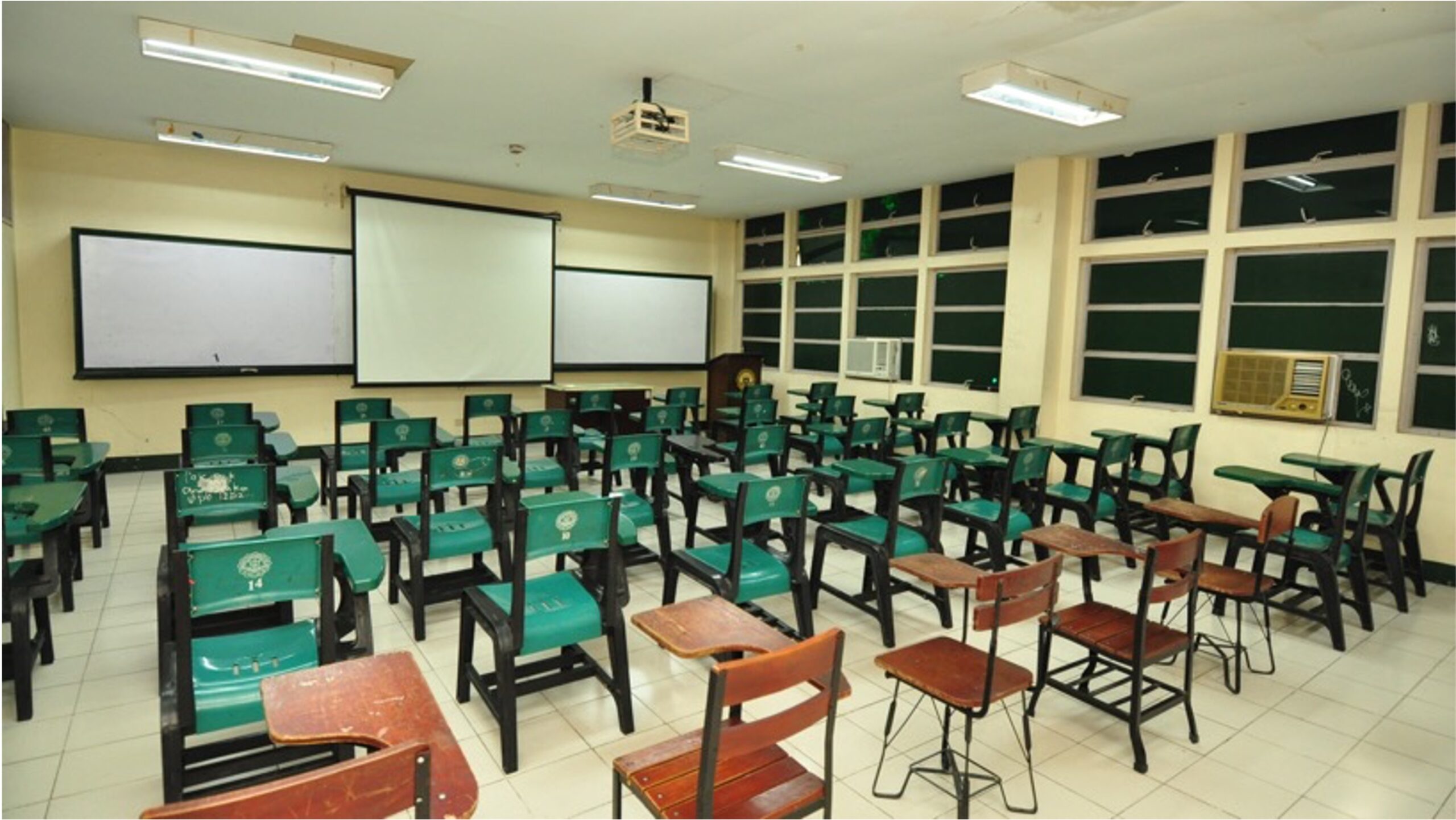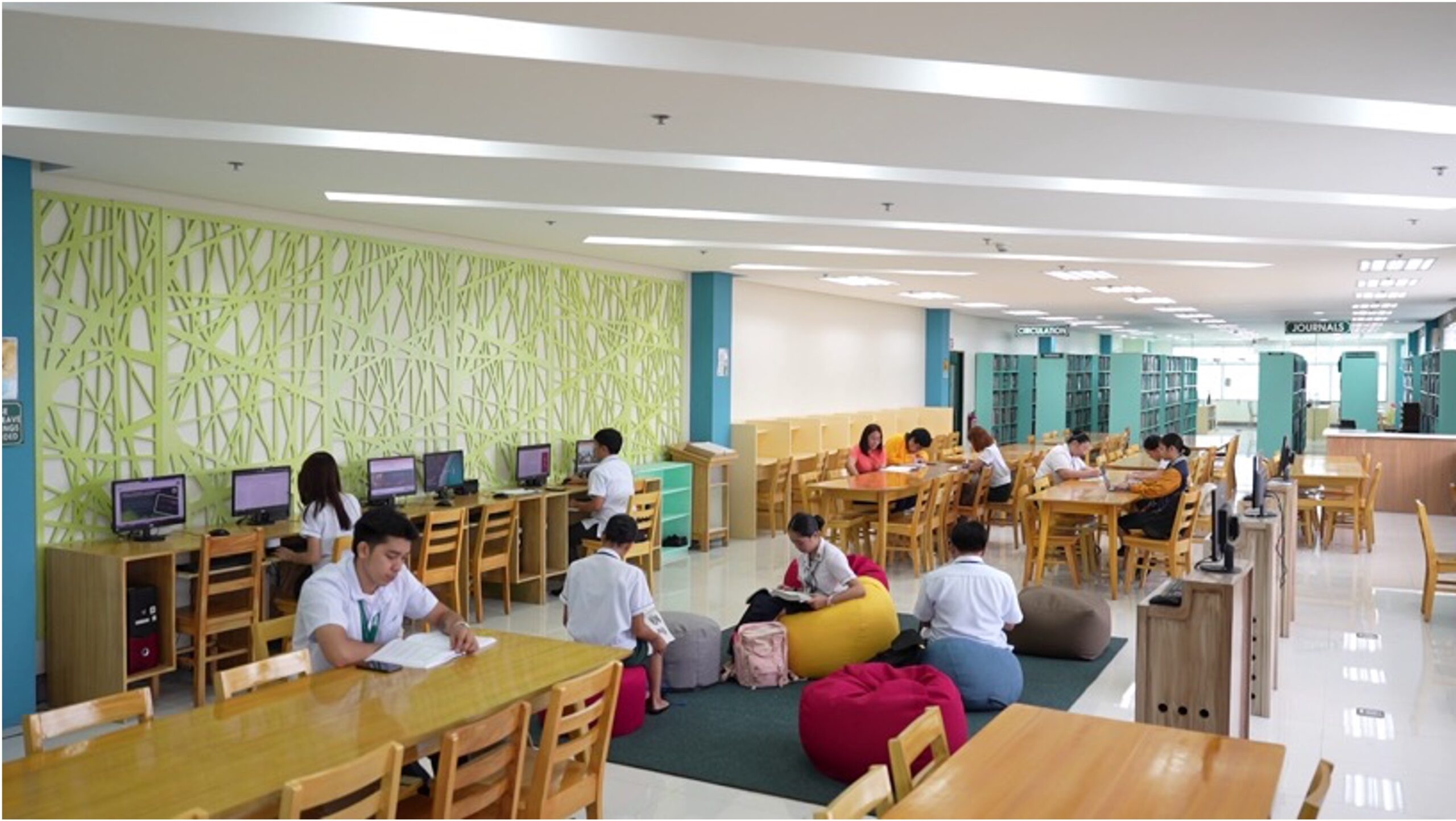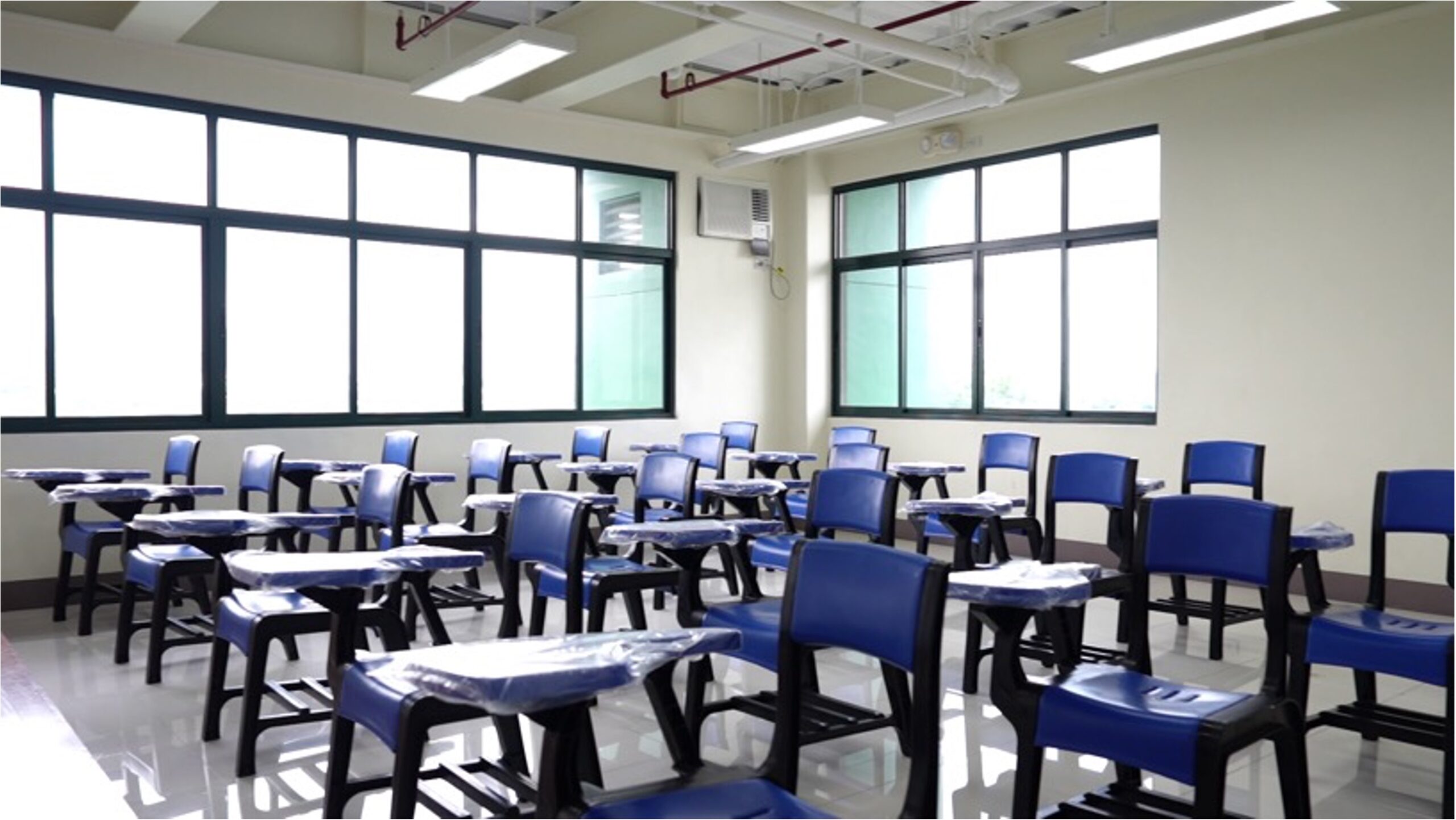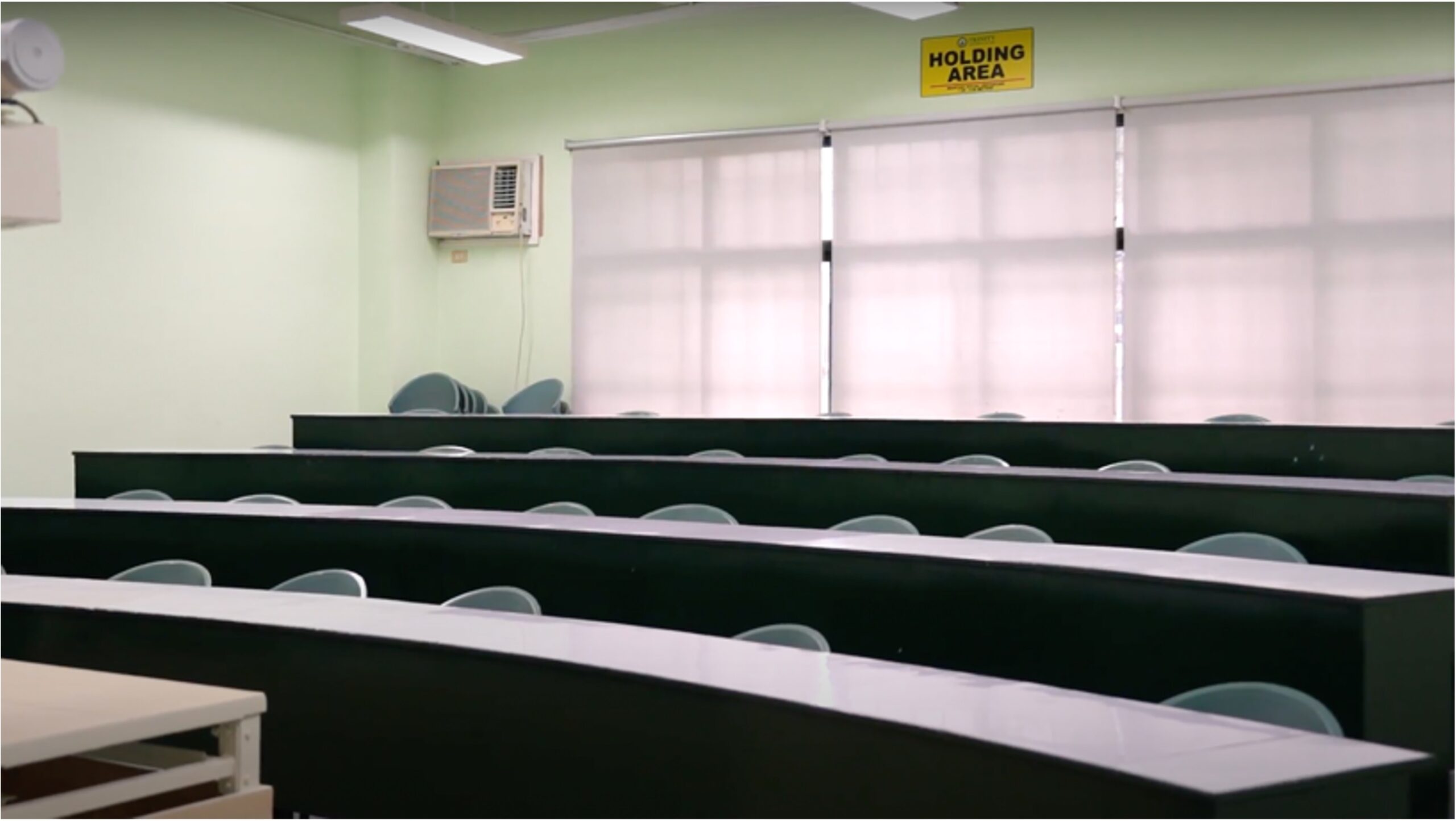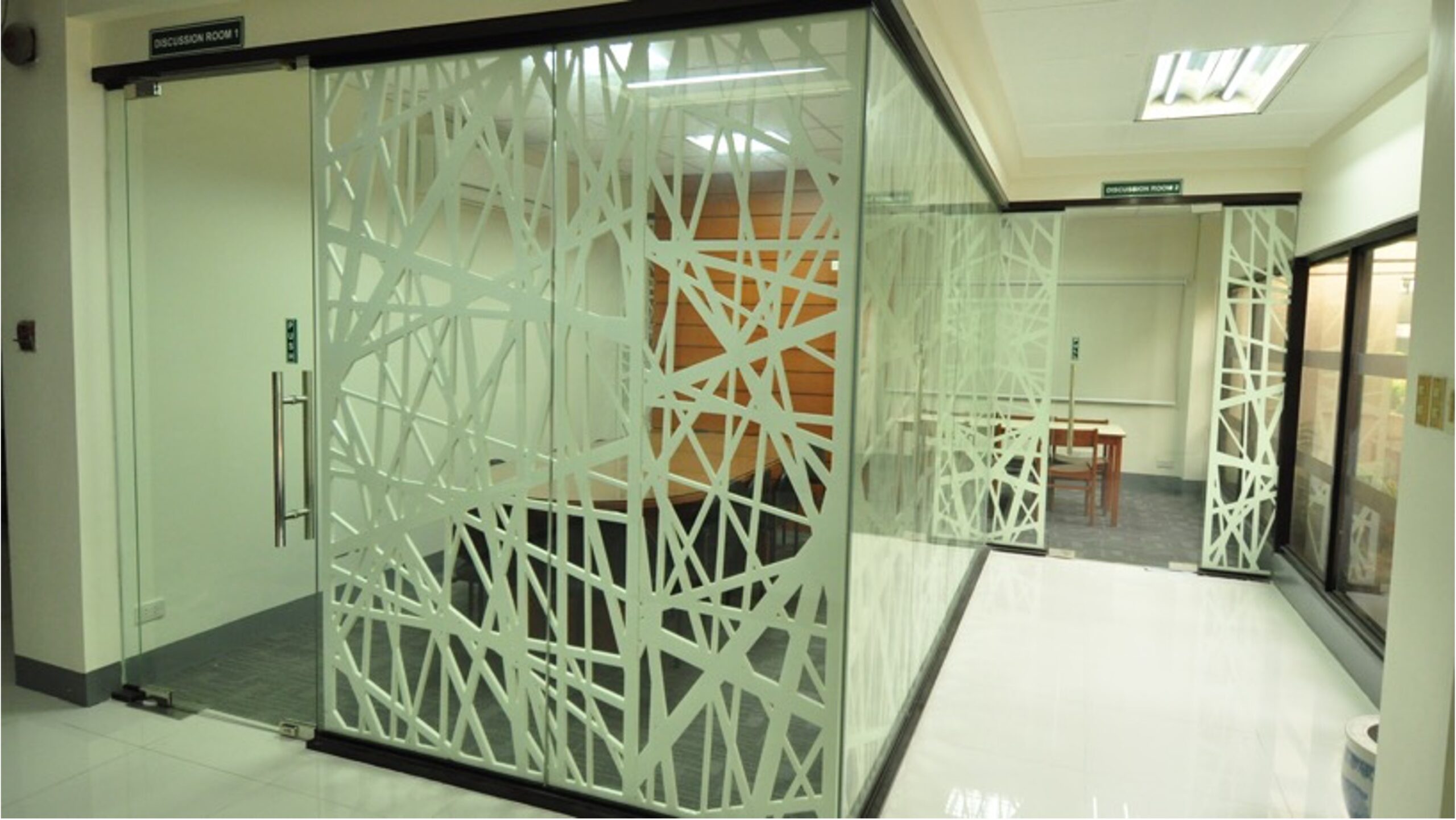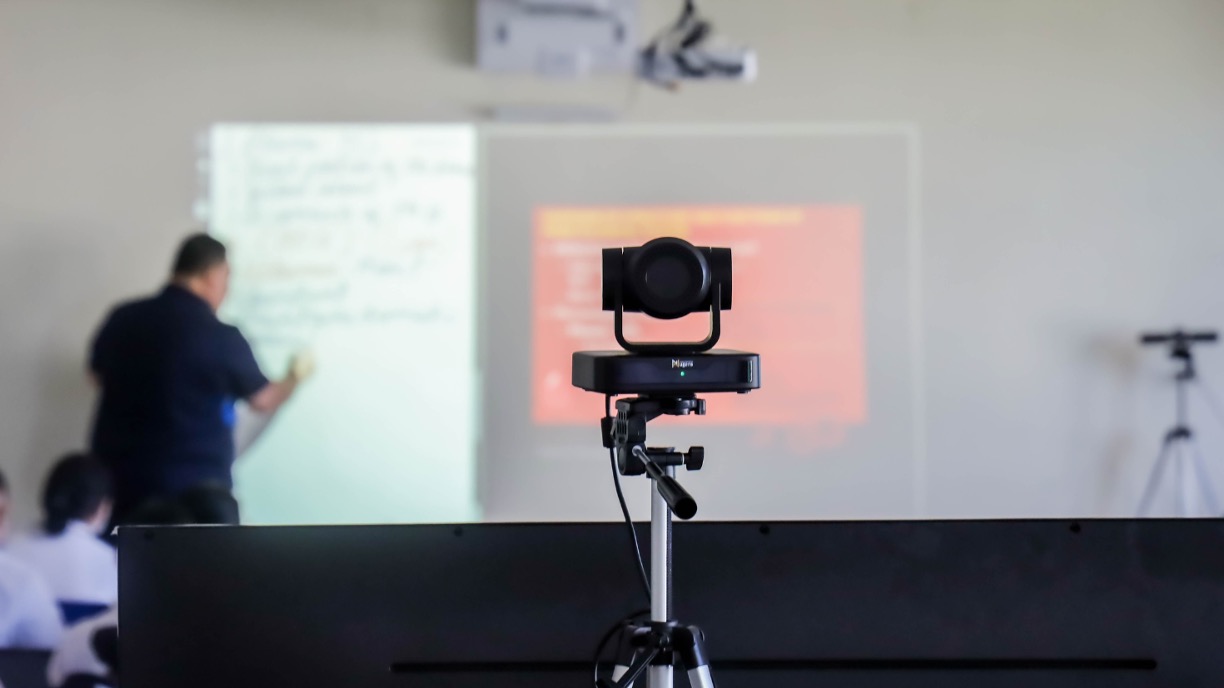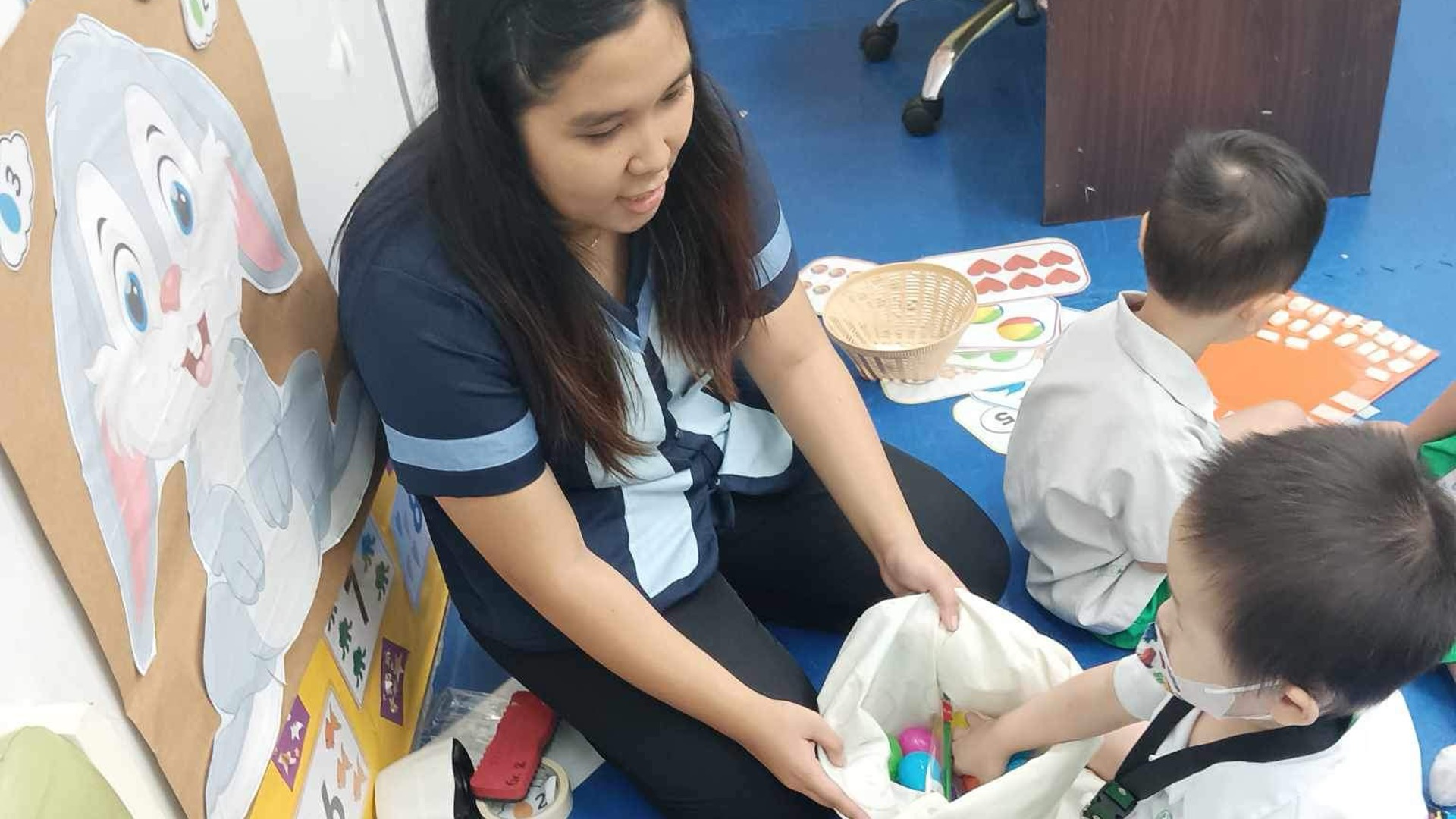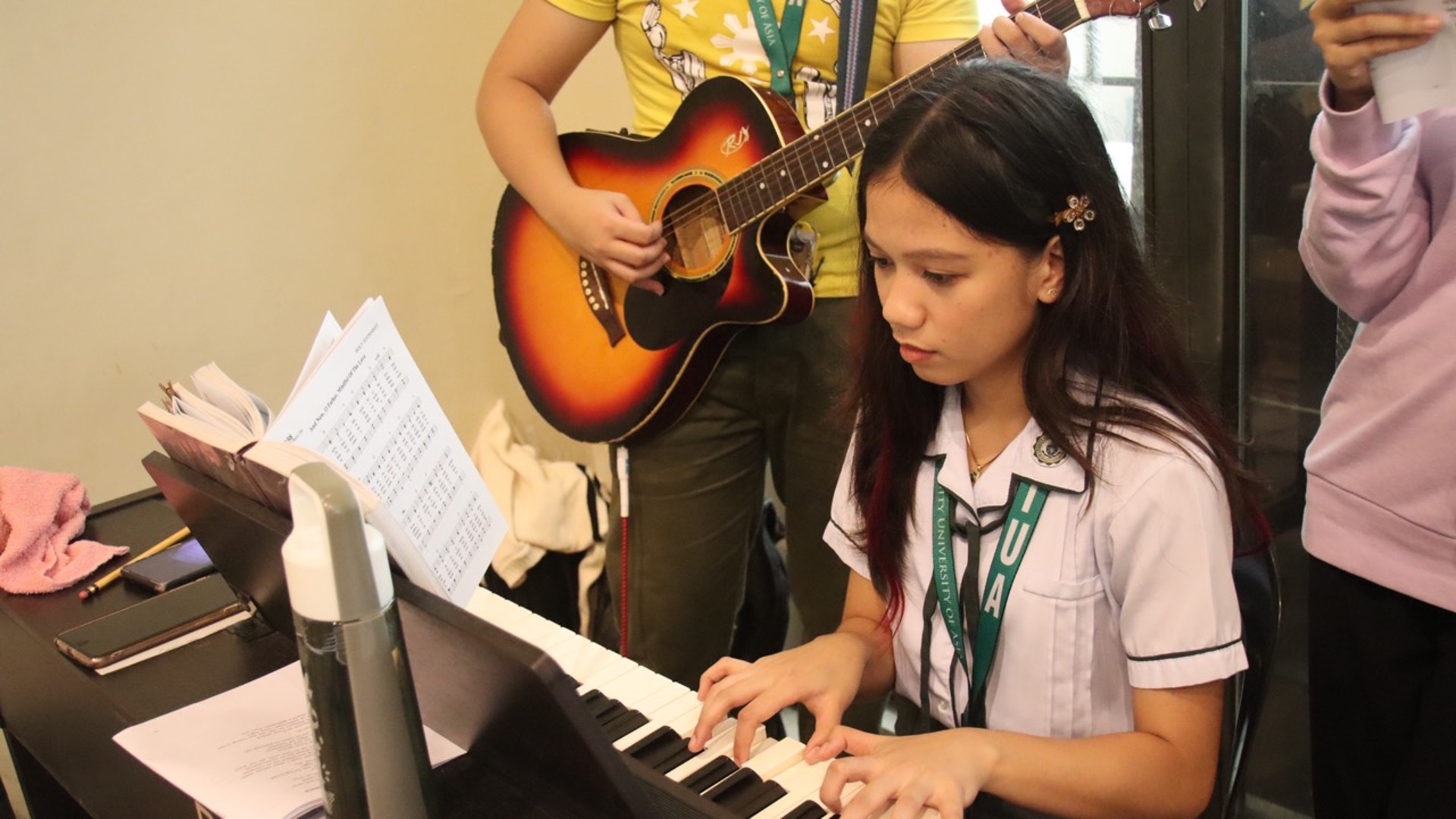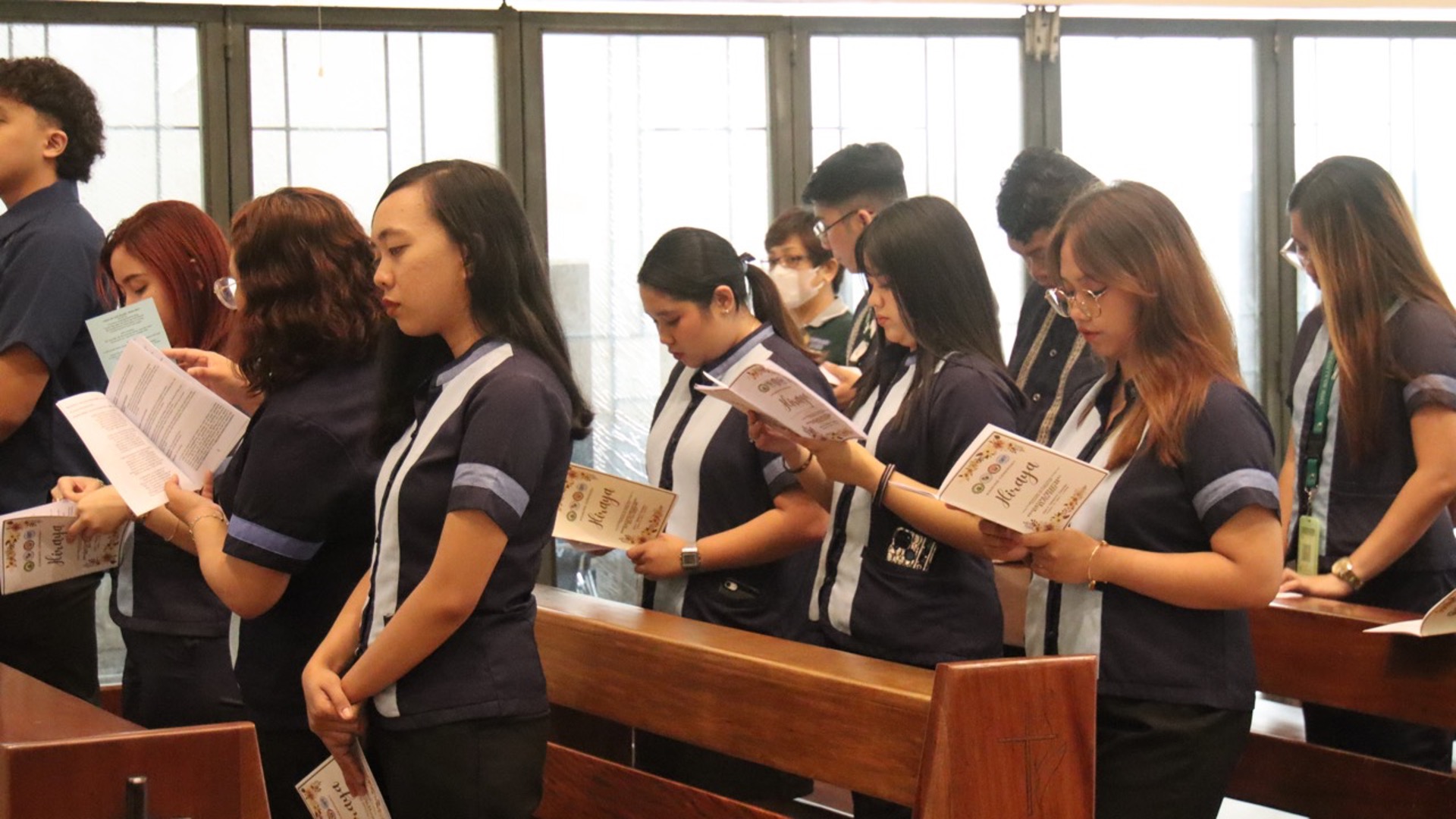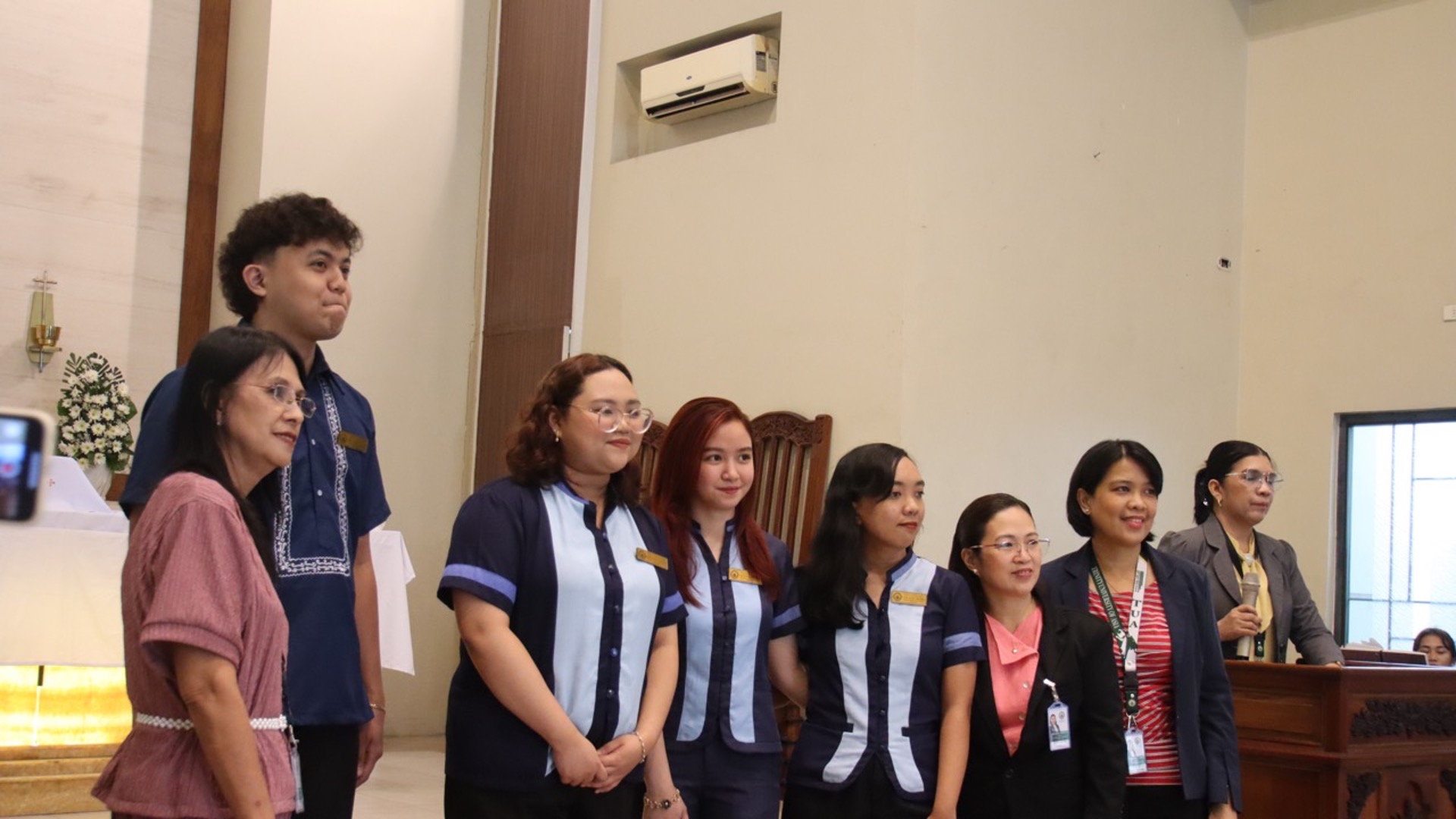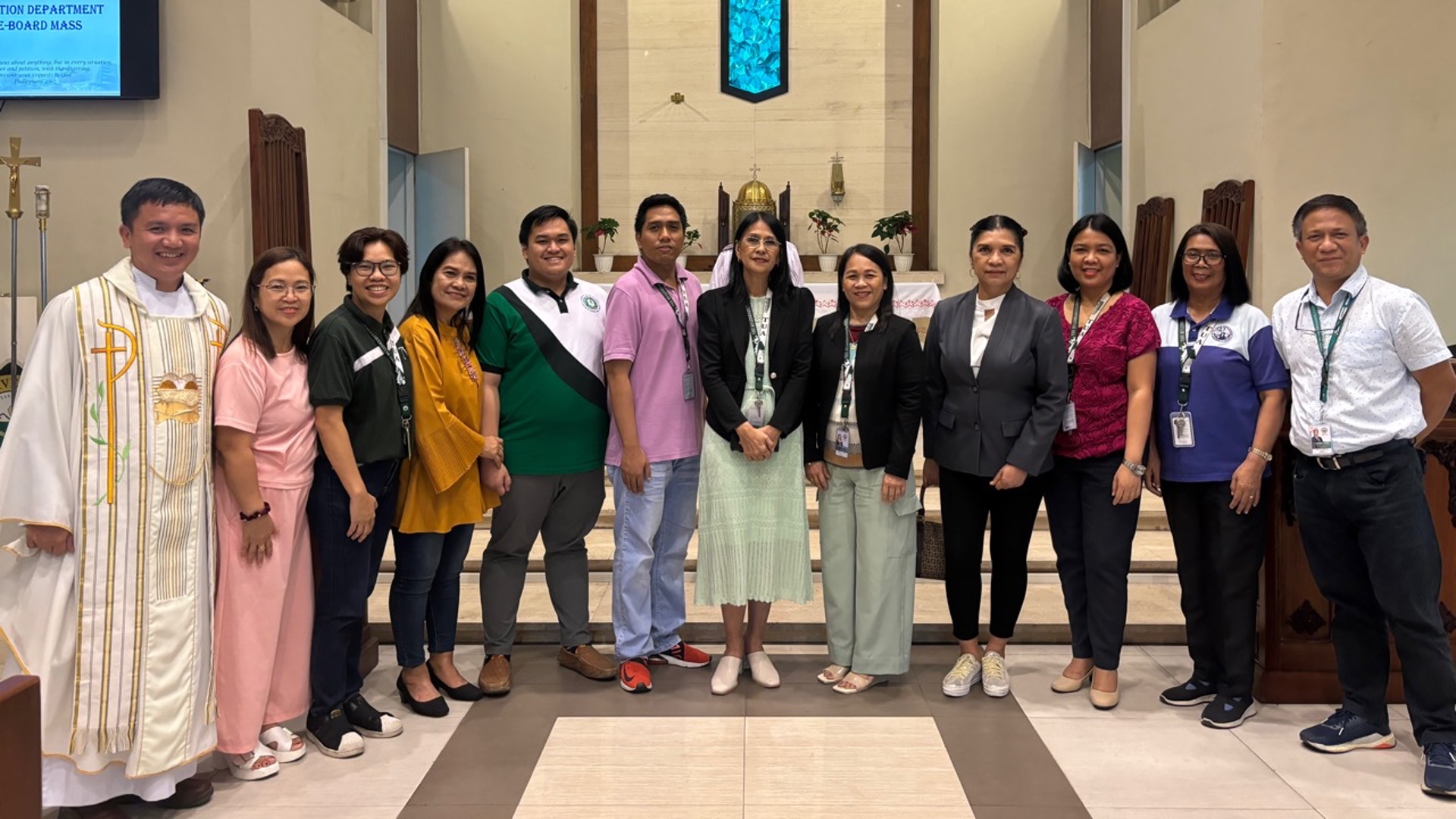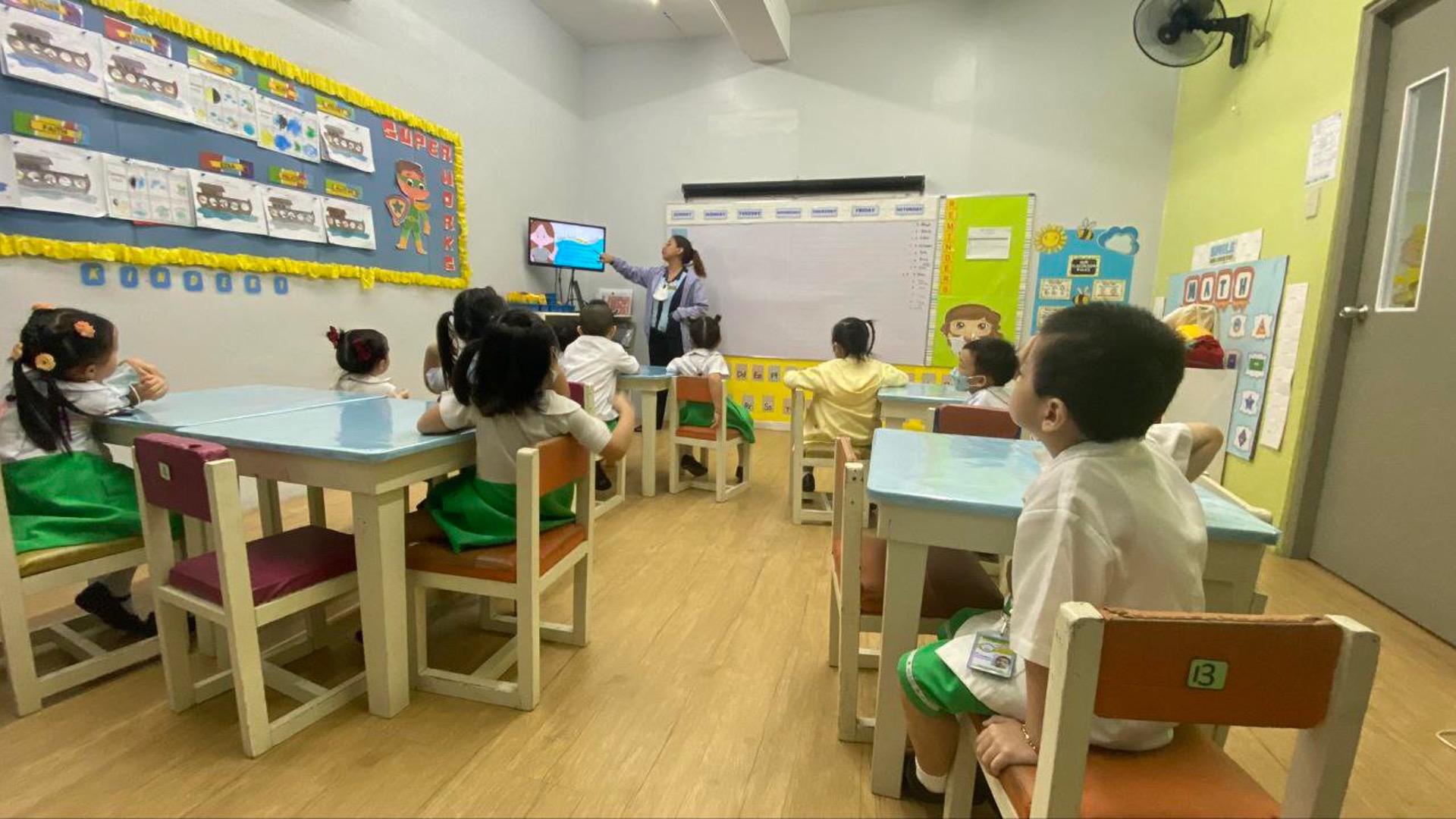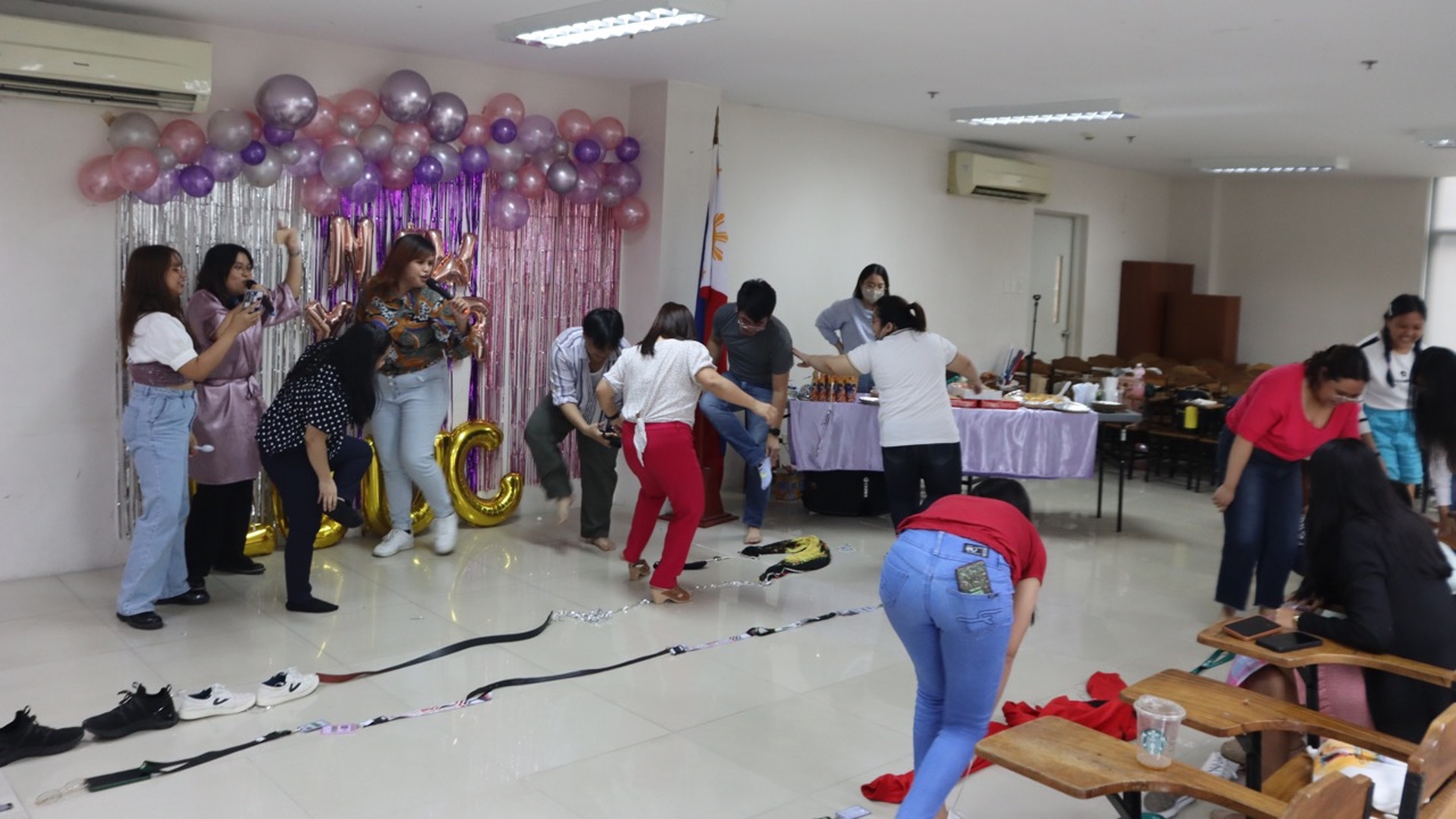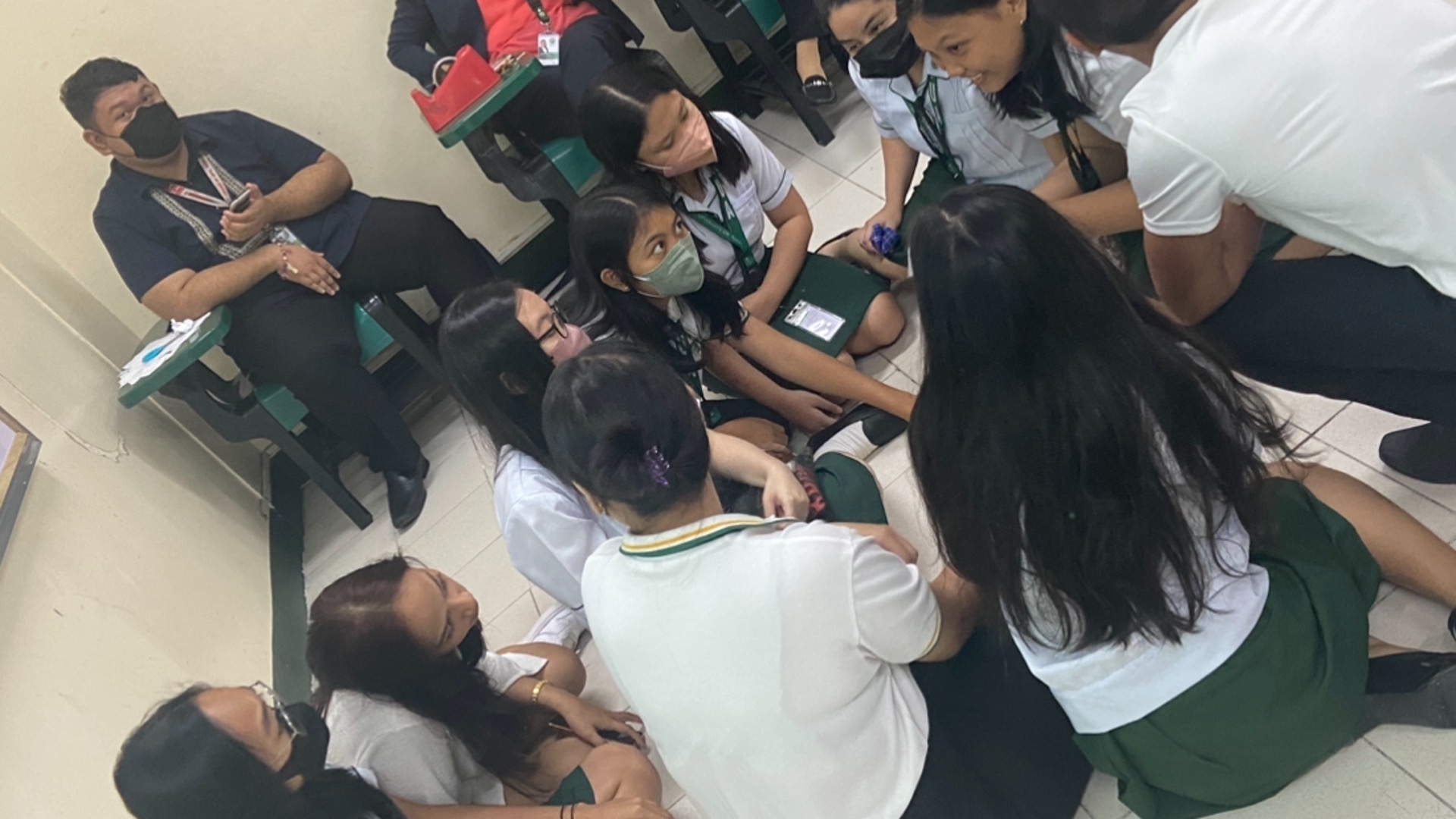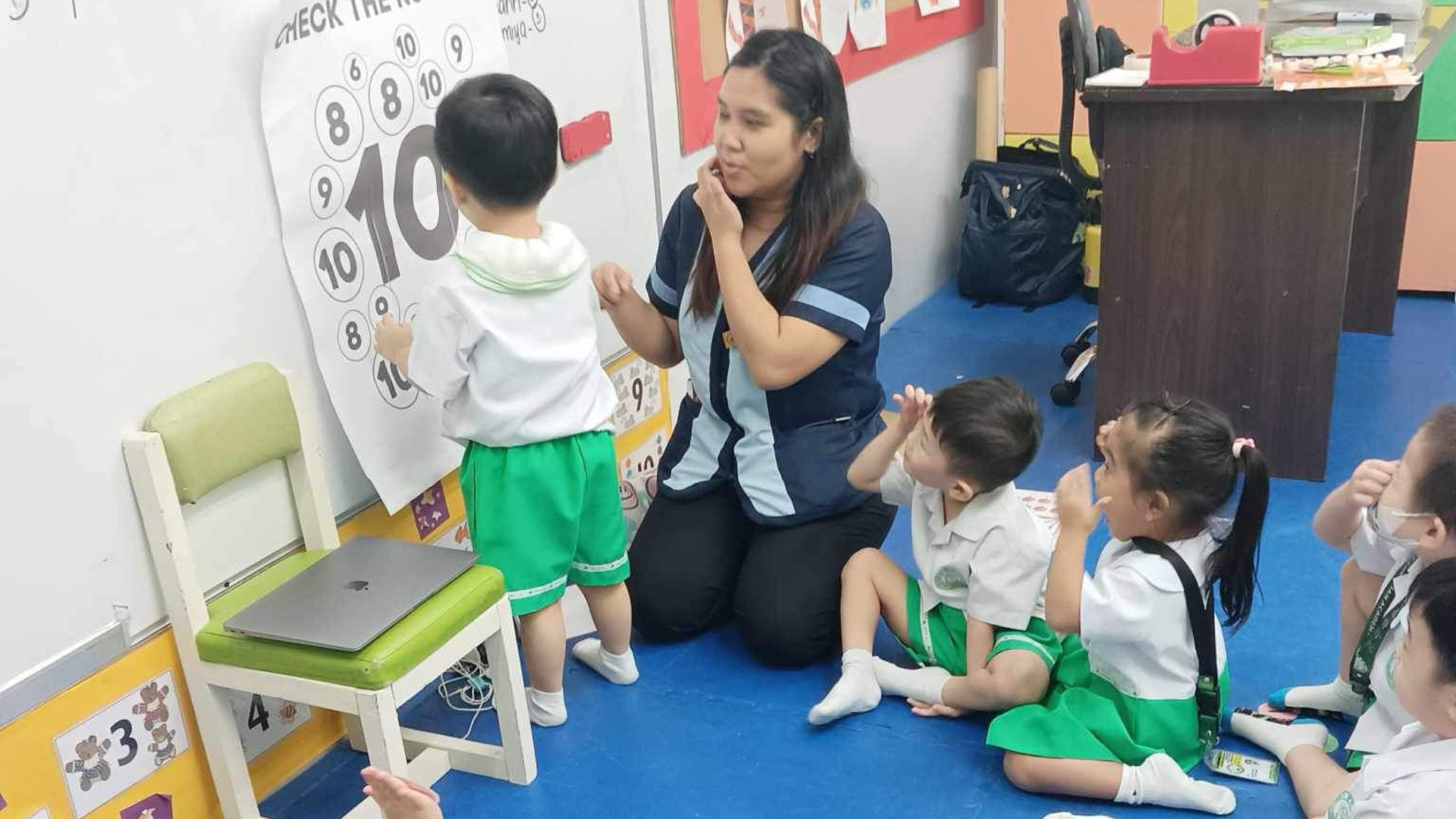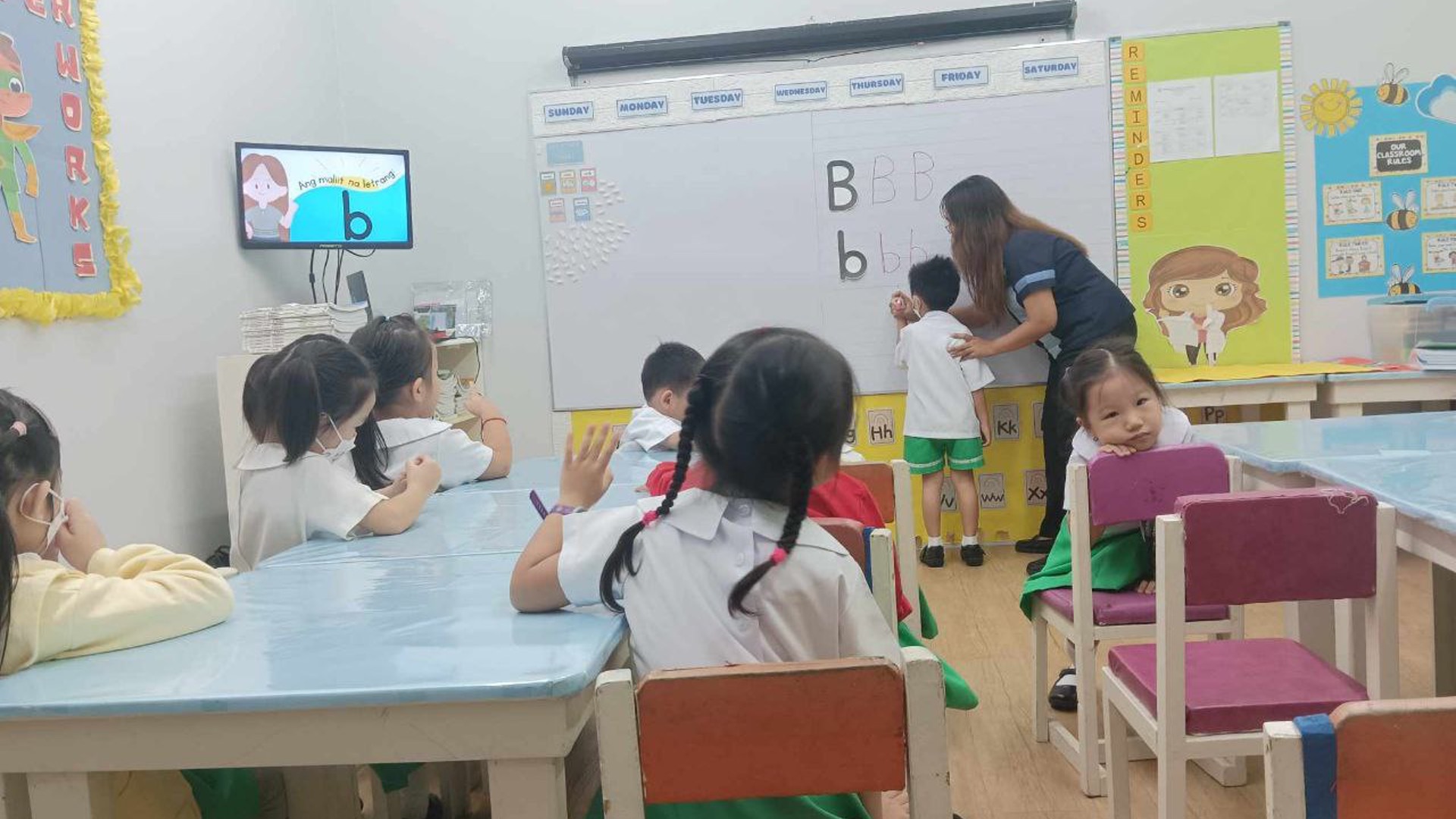Our Bachelor of Early Childhood Education program is dedicated to nurturing future educators with a deep understanding of early childhood development and equipping them with practical skills to create enriching learning environments for young children. Discover the exciting journey that awaits you in our B Early Childhood Education course below!
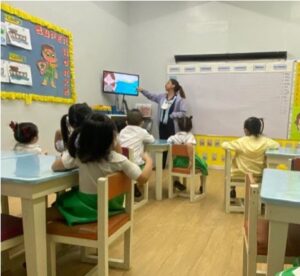
The Bachelor of Early Childhood Education (BECE) is a four-year program designed to equip students with a strong foundation in early childhood care and education principles. It focuses on preparing individuals to become competent practitioners working with children aged 0-8 years across diverse educational settings.
The Head of the Program
Dr. Maria Theresa D. Cardano
 Dr. Maria Theresa D. Cardano is an esteemed educator and scholar renowned for her work in early childhood education. With a Bachelor’s degree in Elementary Education majoring in Preschool, a Master’s degree in Educational Management, and a Doctorate in Education, she embodies a commitment to lifelong learning and academic excellence.Through her innovative teaching methods and compassionate approach, she inspires future educators to positively impact the lives of young learners and communities. In 1998, she passed the Licensure Examination for Teachers (LEPT) and is now the department head of the Education Department at TUA. Dr. Cardano is well dedicated to profound advocacy efforts aimed at advancing the field of early childhood education. She aspires to empower educators and serve as an inspiration for those striving to build a brighter future through education.
Dr. Maria Theresa D. Cardano is an esteemed educator and scholar renowned for her work in early childhood education. With a Bachelor’s degree in Elementary Education majoring in Preschool, a Master’s degree in Educational Management, and a Doctorate in Education, she embodies a commitment to lifelong learning and academic excellence.Through her innovative teaching methods and compassionate approach, she inspires future educators to positively impact the lives of young learners and communities. In 1998, she passed the Licensure Examination for Teachers (LEPT) and is now the department head of the Education Department at TUA. Dr. Cardano is well dedicated to profound advocacy efforts aimed at advancing the field of early childhood education. She aspires to empower educators and serve as an inspiration for those striving to build a brighter future through education.
B Early Childhood Education Objectives and Outcomes
The objective of this program is to prepare individuals as skilled early childhood educators capable of effectively working with children aged 0-8 in diverse educational environments such as homes, communities, schools, and workplaces. It aligns with the National Early Learning Framework (NELF), the National Competency-based Teacher Standards (NCBTS 2017), and the first key stage encompassing Kindergarten to Grade 3.
The B Early Childhood Education program aims to achieve the following outcomes:
- Demonstrate high level of content and pedagogical knowledge
- Demonstrate appreciation for diversity
- Manifest collaborative skills
- Demonstrate innovative thinking
- Apply critical and problem solving skills
- Advocate for children’s rights, equity, community, nationalism, and democratic ideas
- Pursue lifelong learning
Accreditation
LEVEL IV ACCREDITATION
Association of Christian Schools Colleges and Universities
Accrediting Council Incorporated
Program Affiliations
Student Facilities
The Education Department has a diverse range of classrooms tailored for different classes, each designed to foster an environment conducive to learning. Alongside traditional classrooms, there are discussion rooms where students can engage in lively exchanges of ideas. Spacious libraries provide ample resources for research and study, while computer laboratories offer hands-on experience with data analytics. There are auditorium-style classrooms suitable for seminars and training sessions. Larger classrooms are available for collaborative learning experiences. Moreover, there are classrooms designed with Hyflex facilities for flexible learning modes. These innovative setups allow students to participate in classes either in person or remotely.
Student Activities
In the Education Department, students engage in various activities such as pinning ceremonies, the annual Salubong for freshmen, group dynamics activities, and community projects. These experiences cultivate teamwork, leadership, and meaningful connections. They shape well-rounded individuals prepared for successful careers and positive contributions to society.
Early Childhood Education Degree Admission Requirements
REQUIREMENTS
- Form 138 (Report Card) / ALS Certification
- Certificate of Good Moral Character
- Photocopy of PSA / NSO Birth Certificate
PROCEDURES
FRESHMEN (ONSITE)
STEP 1 Fill out Registration Form at the Office of Admission and Registration (OAR).
To facilitate the application process, the student may encode in advance his/her information via https://mytuaportal.org/lwsis/
STEP 2 Submit Registration Form to the Admission Officer for encoding
Attach the following:
- Form 138 (Report Card) / ALS Certification
- Certificate of Good Moral Character
- Photocopy of PSA / NSO Birth Certificate
The Admission Officer will generate your Student Number and your Assessment Form
STEP 3 Pay Tuition Fee at the Finance Office to be officially enrolled
Reminders:
- Please pay the required down payment to be officially enrolled. Paying less than the required amount will not process the enrollment.
- Scanned copies of admission credentials should be attached as part of the ONLINE. However, original copies must be submitted to the OAR Admission Officer on or before the first day of classes. Failure to comply may nullify the admission.
- Students who are still waiting for their complete original copies due to on-going classes will be asked to execute a promissory letter stating when they can submit the required documents.
FRESHMEN (ONLINE)
STEP 1 Open https://mytuaportal.org/lwsis/
- Click New Students
- Fill out the Admission and Registration form; Click Submit
- Check email for the login link
Log in as follows:
- Account type: Applicants
- Email Address: (enter email address provided)
- Password: tuapassword (this is the default, kindly change once logged-in)
- Term: SY 2022-2023
- Click Generate Student Number
NOTE: Applicants with Student Number may start from here after logging in.
STEP 2 Proceed to Registration Module
- Click the “+” (plus) icon
- Click “Save” to generate registration assessment
- Review your Student Assessment Form (SAF)
STEP 3 Pay Tuition Fee
- Proceed to Payments
- Choose your Payment Mode; Input Amount to Pay; Click Pay Now
- Select your Payment Option; Click Send Instructions via Email/Mobile
- Click Validate Payment
After payment, please wait for at least two (2) to three (3) days for the Finance and Accounting Office’s (FAO) clearing and checking. After which, the student may check his/her portal account to check if he/she is Officially Enrolled.
Graduation Requirements
REQUIREMENTS
The BECEd program consists of a minimum of 158 units, including General Education courses (36 units), Professional Education courses (42 units), Major courses (63 units), Special Topic (3 units), and Mandated courses (14 units). Completion of 360-hour practicum program and a thesis project.
Graduation Requirements for College and Graduate School Candidates
- Application for Graduation to be filed at the Office of Admission and Registration (OAR)
- Completed academic, documentary, and financial requirements.
- Documentary requirements:
- Form 137A marked “Copy for Trinity University of Asia” (for students who initially enrolled as freshmen)
- Transcript of Records (TOR) marked “Copy for Trinity University of Asia” (for students who initially joined as transferees)
- Graduation Clearance
- Settled graduation fee
Additional requirements for Board takers
- One (1) 2×2 ID picture with white background
- Additional requirements for Graduate School students
- Hard bound and finalized Thesis or Dissertation
- Certified True Copy of the following:
- Title Page
- Approval Sheet
- Abstract
Additional requirements for Foreign students:
- Updated Student Visa
Complete B Early Childhood Education Subjects & Curriculum
The core subjects of Bachelor of Early Childhood Education typically include Assessment of Children’s Development and Learning, Early Learning Environment, and Infant and Toddler Programs. Students also study Health, Nutrition, and Safety and Children’s Literature, as well as courses in ethics and communication.
CURRICULUM
The Child and Adolescent Learners and Learning Principles
The Teaching Profession
Technology for Teaching and Learning 1
Foundation of Special and Inclusive Education
Health, Nutrition and Safety
Play and Developmentally Appropriate Practices in ECE
Understanding the Self
The First and Greatest Commandment and the Trinitian
National Service Training Program 1
Physical Activities Toward Health and Fitness 1
Facilitating Learner Centered Teaching
Child Development
Foundations of Early Childhood Education
Creative Arts, Music and Movement in Early Childhood Education
Numeracy Development
Children’s Literature
Ethics
The Second and Greatest Commandment and the Trinitian
National Service Training Program 2
Physical Activities Toward Health and Fitness 2
Assessment in Learning 1
Building and Enhancing New Literacies Across the Curriculum
The Teacher and the Community, School Culture and Organizational Leadership
Technology for Teaching and Learning 2
Technology for Teaching and Learning 2 Laboratory
Inclusive Education in Early Childhood Settings
Literacy Development
The Contemporary World
Gender and Society
German 1
Physical Activities Toward Health and Fitness 3
Assessment in Learning 2
Assessment of Children’s Development and Learning
ECE Curriculum Models
Guiding Children’s Behaviour & Moral Development
Infant and Toddler Programs
Early Learning Environment
Content and Pedagogy in the Mother Tongue-based Multilingual Education
Readings in Philippine History
Nihongo 1
Physical Activities Toward Health and Fitness 4
B Early Childhood Education Job Opportunities
Graduates of the Bachelor of Early Childhood Education program have a wide range of career options available to them, including:
JOB OPPORTUNITIES
| JOB TITLE | JOB DESCRIPTION | AVERAGE MONTHLY INCOME |
| Preschool Teacher | Preschool teachers create lesson plans and educational activities to promote the social, emotional, cognitive, and physical development of young children. They provide a nurturing and stimulating environment, facilitate learning through play, and teach basic skills. | ₱15,000.00 to ₱25,000.00 |
| Childcare Center Director | Childcare center directors oversee the daily operations of childcare facilities, including staffing, budgeting, curriculum development, and compliance with licensing regulations. | ₱20,000.00 to ₱35,000.00 |
| Early Intervention Specialist | Early intervention specialists work with young children who have developmental delays or disabilities to provide support and services that promote their overall development and school readiness. | ₱25,000.00 to ₱40,000.00 |
| School Counselor | School counselors assess students’ needs, provide counseling services, develop individualized plans to address academic or behavioral issues, and collaborate with teachers, parents, and administrators to promote students’ well-being and success. | ₱20,000.00 to ₱35,000.00 |
Data source: JobStreet Career Advice Explore Salaries and Trinity University of Asia Careers Directory in partnership with Prosple


